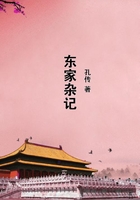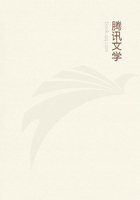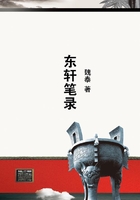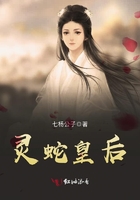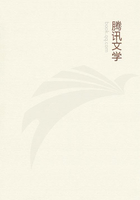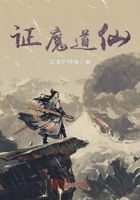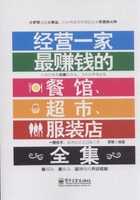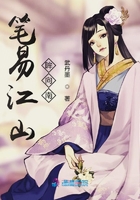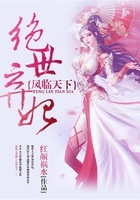But by the side of all this there appeared in Italian poetry, towards the close of the fifteenth century, signs of a more realistic treatment of rustic life.This was not possible out of Italy; for here only did the peasant, whether laborer or proprietor, possess human dignity, personal freedom, and the right of settlement, hard as his lot might sometimes be in other respects.The difference between town and country is far from being so marked here as in northern countries.Many of the smaller towns are peopled almost exclusively by peasants who, on coming home at nightfall from their work, are transformed into townsfolk.The masons of Como wandered over nearly all Italy; the child Giotto was free to leave his sheep and join a guild at Florence; everywhere there was a human stream flowing from the country into the cities, and some mountain populations seemed born to supply this current.It is true that the pride and local conceit supplied poets and novelists with abundant motives for making game of the 'villano,' and what they left undone was taken charge of by the comic improvisers.But nowhere do we find a trace of that brutal and contemptuous class-hatred against the 'vilains' which inspired the aristocratic poets of Provence, and often, too, the French chroniclers.On the contrary, Italian authors of every sort gladly recognize and accentuate what is great or remarkable in the life of the peasant.Gioviano Pontano mentions with admiration instances of the fortitude of the savage inhabitants of the Abruzzi; in the biographical collections and in the novelists we meet with the figure of the heroic peasant-maiden who hazards her life to defend her family and her honour.
Such conditions made the poetical treatment of country life possible.
The first instance we shall mention is that of Battista Mantovano, whose eclogues, once much read and still worth reading, appeared among his earliest works about 1480.They are a mixture of real and conventional rusticity, but the former tends to prevail.They represent the mode of thought of a well-meaning village clergyman, not without a certain leaning to liberal ideas.As Carmelite monk, the writer may have had occasion to mix freely with the peasantry.
But it is with a power of a wholly different kind that Lorenzo il Magnifico transports himself into the peasant's world.His 'Nencia di Barberino' reads like a crowd of genuine extracts from the popular songs of the Florentine country, fused into a great stream of octaves.
The objectivity of the writer is such that we are in doubt whether the speaker--the young peasant Vallera, who declares his love to Nencia--awakens his sympathy or ridicule.The deliberate contrast to the conventional eclogue is unmistakable.Lorenzo surrenders himself purposely to the realism of simple, rough country life, and yet his work makes upon us the impression of true poetry.
The 'Beca da Dicomano' of Luigi Pulci is an admitted counterpart to the 'Nencia' of Lorenzo.But the deeper purpose is wanting.The 'Beca' is written not so much from the inward need to give a picture of popular life, as from the desire to win the approbation of the educated Florentine world by a successful poem.Hence the greater and more deliberate coarseness of the scenes, and the indecent jokes.
Nevertheless, the point of view of the rustic lover is admirably maintained.
Third in this company of poets comes Angelo Poliziano, with his 'Rusticus' in Latin hexameters.Keeping clear of all imitation of Virgil's Georgics, he describes the year of the Tuscan peasant, beginning with the late autumn, when the countryman gets ready his new plough and prepares the seed for the winter.The picture of the meadows in spring is full and beautiful, and the 'Summer' has fine passages;but the vintage-feast in autumn is one of the gems of modern Latin poetry.Politian wrote poems in Italian as well as Latin, from which we may infer that in Lorenzo's circle it was possible to give a realistic picture of the passionate life of the lower classes.His gipsy's love-song is one of the earliest products of that wholly modern tendency to put oneself with poetic consciousness into the position of another class.This had probably been attempted for ages with a view to satire, and the opportunity for it was offered in Florence at every carnival by the songs of the maskers.But the sympathetic understanding of the feeling of another class was new; and with it the 'Nencia' and this 'Canzone zingaresca' mark a new starting-point in the history of poetry.
Here, too, we must briefly indicate how culture prepared the way for artistic development.From the time of the 'Nencia,' a period of eighty years elapses to the rustic genre-painting of Jacopo Bassano and his school.
In the next part of this work we shall show how differences of birth had lost their significance in Italy.Much of this was doubtless owing to the fact that men and mankind were here first thoroughly and profoundly understood.This one single result of the Renaissance is enough to fill us with everlasting thankfulness.The logical notion of humanity was old enough--but here the notion became a fact.
The loftiest conceptions on this subject were uttered by Pico della Mirandola in his Speech on the Dignity of Man, which may justly be called one of the noblest of that great age.God, he tells us, made man at the close of the creation, to know the laws of the universe, to love its beauty, to admire its greatness.He bound him to no fixed place, to no prescribed form of work, and by no iron necessity, but gave him freedom to will and to love.'I have set thee,' says the Creator to Adam, 'in the midst of the world, that thou mayst the more easily behold and see all that is therein.I created thee a being neither heavenly nor earthly, neither mortal nor immortal only, that thou mightest be free to shape and to overcome thyself.Thou mayst sink into a beast, and be born anew to the divine likeness.The brutes bring from their mother's body what they will carry with them as long as they live; the higher spirits are from the beginning, or soon after, what they will be for ever.To thee alone is given a growth and a development depending on thine own free will.Thou bearest in thee the germs of a universal life.'

